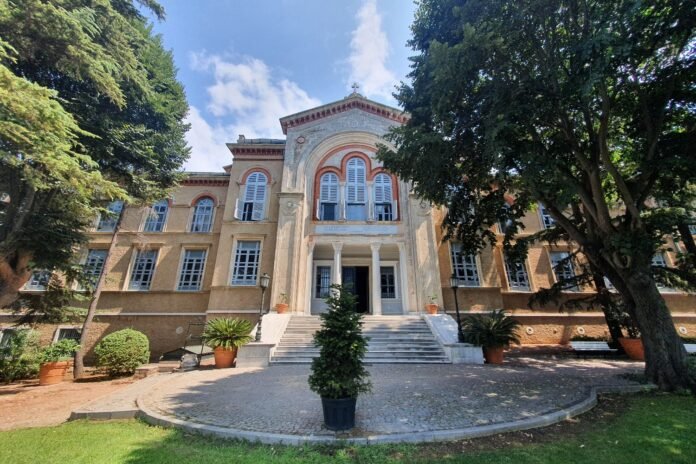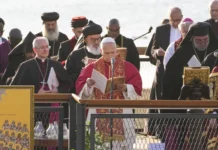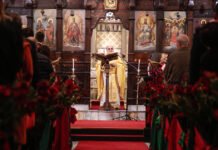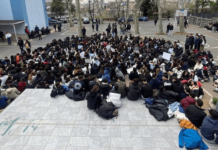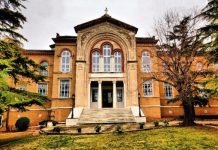The long-closed Halki Theological Seminary on İstanbul’s Heybeliada Island is nearing the end of a major restoration, attracting renewed attention as to how the historic Greek Orthodox school might reopen after more than five decades of inactivity, Turkish Minute reported.
According to Turkish media, restoration of the 19th-century seminary located within the Aya Triada (Holy Trinity) Monastery complex is expected to finish in 2026. Bishop Kassianos of Aravissos, who oversees the site, said efforts are continuing to define the seminary’s legal and academic framework in coordination with Turkey’s Council of Higher Education (YÖK).
Possible models include reopening as a theology faculty within a foundation university, as an institute under a state university, or as a limited-enrollment institution with a special “boutique university” status offering theological training under public supervision.
The seminary would operate as a nonprofit institution, providing free accommodation and meals for students. Staff and students, including those from abroad, would undergo national security screenings, while foreign lecturers would be granted work and residence permits in line with Turkish regulations. Turkish language, culture and civic education would form part of the curriculum.
The seminary has remained closed since 1971, when Turkey’s Constitutional Court annulled provisions of the Private Education Law, placing all institutions of higher learning under state supervision. The decision ended the seminary’s theological accreditation. The Ecumenical Patriarchate later appealed to the Council of State, but the case was dismissed on the grounds that the institution lacked the status of a legal entity.
Legal scholars note that while the 1971 ruling applied to all private higher-education institutions, the closure of the Halki Seminary became a symbolic issue for minority rights. Founded in 1844, the seminary belongs to the Aya Triada Monastery Foundation and has a library of more than 100,000 volumes, one of the most extensive theological collections in the region.
Reopening the seminary would likely require new legislation. Proposals include creating a special legal category for minority religious schools under the Ministry of Education, or recognizing the seminary as a religious foundation rather than a university.
The issue has resurfaced in political and diplomatic talks in recent years. President Recep Tayyip Erdoğan discussed the matter with US President Donald Trump at the White House in September, expressing willingness to consider “necessary steps” toward reopening. Education Minister Yusuf Tekin also visited the site in May, saying he personally supported its reopening and that his ministry had submitted legal recommendations to the government.
Supporters argue that reviving the seminary would preserve a vital institution of Orthodox Christian heritage, while others insist any move must comply with Turkey’s constitutional framework and education laws. With the restoration nearing completion and legal proposals under review, the Halki Seminary’s future now depends on a political decision.

